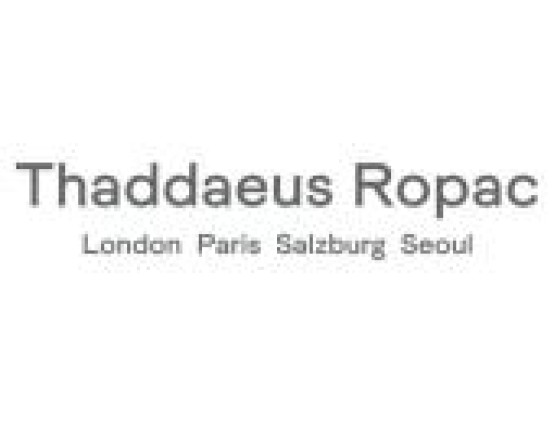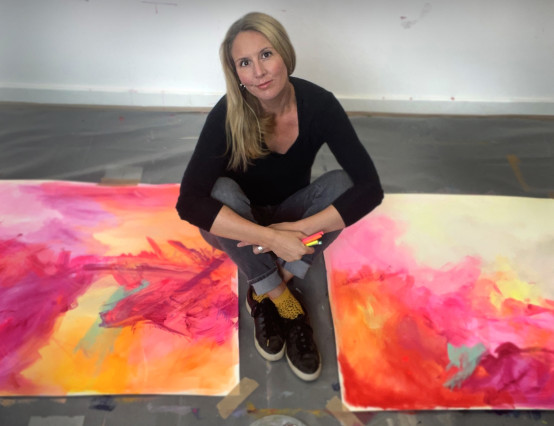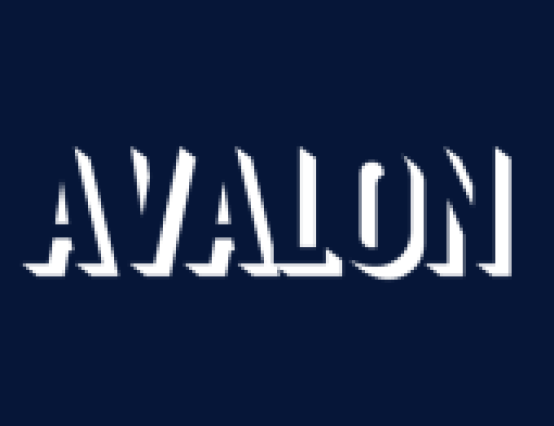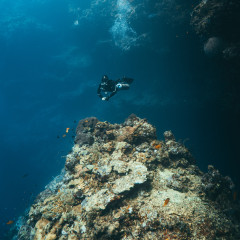First of all, congratulations on your selection! Can you tell us a little about the project that you entered to this competition?
My project was a short, freeverse poem entitled Historical materialism. Originally, it was written for a poetry competition at school, based on the themes of "light" and "red." I'm fanatic about two things – literature and communism – and so many people expected me to write some kind of revolutionary poem to fit the theme, which was quite a challenge since I had never written expressly political poetry before. At first I intended to write something empowering, something to send the workers to the barricades; but as I started to think about combining the two themes, I ended up with something altogether more abstract and thoughtful. The end result is a poem which draws on the Marxist conception of social history, historical materialism, and describes the evolution of light and its relationship with humans through the lens of this idea. Considering the profound effect which Marxist ideology had and continues to have on labour struggles and revolutionary thought everywhere, I thought this poem would be a good fit for this particular competition.
Was the idea of 'changing the world' something you had considered before the competition?
Definitely! Even before my desire to change the world took a political form, I was almost intuitively drawn to social critique. I read dystopian and utopian fiction voraciously, and I then became very interested in surrealist art and literature and its relationship with radical ideas and movements. I started studying Marxist theory in early 2014 and joined a pan-leftist organisation (which had a split a year later, ironically) a few months after, and since then I've been involved in political writing, organising and campaigning, for the explicit purpose of eventually changing the world.
Why do you think it's important that art attempts to bring about change?
I have to admit that I am slightly skeptical about whether "art" as a whole can be defined (I've been reading Wittgenstein, if that explains anything). By its very nature, art is a chaotic discipline, taking as many different forms as there are individual artists; and language, with its strict rules and socially-determined boundaries, can hardly do justice to such chaos. But it's this precise characteristic which makes art such a potent weapon for revolutionaries. Because of this, art can – in certain contexts – transcend the invisible boundaries surrounding discourse in any given society like a shapeshifter, and provide a unique medium for conveying socially unthinkable ideas. And such ideas are an important component of change-making.
Do you have a favourite piece of art — in any art form — that really changed the world for you?
My first encounter with metaphysical art was with Giorgio De Chirico's The Uncertainty of the Poet, perhaps my favourite painting ever. I saw it on one of my first visits to the Tate, and it left a real impression. It represented the merging and converging of the classical and the modern, of conscious and subconscious, of objects and their shadows: a challenge to the perceptions we accept as axiomatic. This was simultaneously unnerving and comforting to my 11-year-old self, and sparked my interest in surrealism and all sorts of modernism.
When did you start making art?
Too long ago to remember. I started drawing before I even knew how to hold a pen properly, and soon that switched into writing. I must have written hundreds of little notebooks, short stories, scripts, even adverts for fake businesses, which no one would ever see. I have also been involved in singing and drama from a young age, and more recently I took up photography and got interested in singing in foreign languages.
What else are you up to right now?
As I mentioned, I'm very politically active, and I write a semi-regular column for the newspaper Weekly Worker under the pen name "Commissaress" (which is also the name of my blog). Aside from politics, I'm a translator on Wikipedia and am looking to continue learning Serbo-Croatian and brush up on my Spanish this summer. I would also like to get back into singing grades after a rather long break, and have been organising a couple of autism awareness talks and projects at my former primary school.
What would be your ideal project to work on?
In terms of future, post-school arts projects, I have been entertaining the possibility of becoming a curator lately, since I love organising, presenting and analysing other people's work as much as creating my own. I would like to see a "Museum of Struggle" or at least an exhibition on this topic, which deals comprehensively with the history and artistic expression of oppressed groups and their struggles throughout history, and would love to participate in its assembly.
What can we expect from you in the next year or so? Do you have any plans for new projects?
I'm halfway through my GCSE courses right now, so that is of course my priority of the moment. I was intending to start writing a novel over the summer, but I would prefer not to share the details for the time being. Apart from that, not really much is happening. Regardless, I will definitely keep on writing; I can't imagine not doing that!
Historical materialism
When the first drop of light splashed
Onto the surface of nothing
The colours parted with the whole: red, yellow, green, blue
Each became impure
And each became real.
When the first flames danced
On the plains of primitiveness
They were seductresses, enticing men with their grace and their touch
Man parted with the world of animals, instinct, brutality
And learnt to be strong, to be human
When the first lightbulb was switched on
In the darkness of ignorance
Casting its mellow white glow over the mysteries of nature
They'd tell us we'd parted with ignorance, with intolerance
And we learnt this new word: modernity
But when orange tongues lick the buildings
As crowds thunder through the streets
When rifles crack and order crumbles
And the red flag of rebellion flies
They tell us this is subversion
When really it is nothing
But continuation.








0 Comments